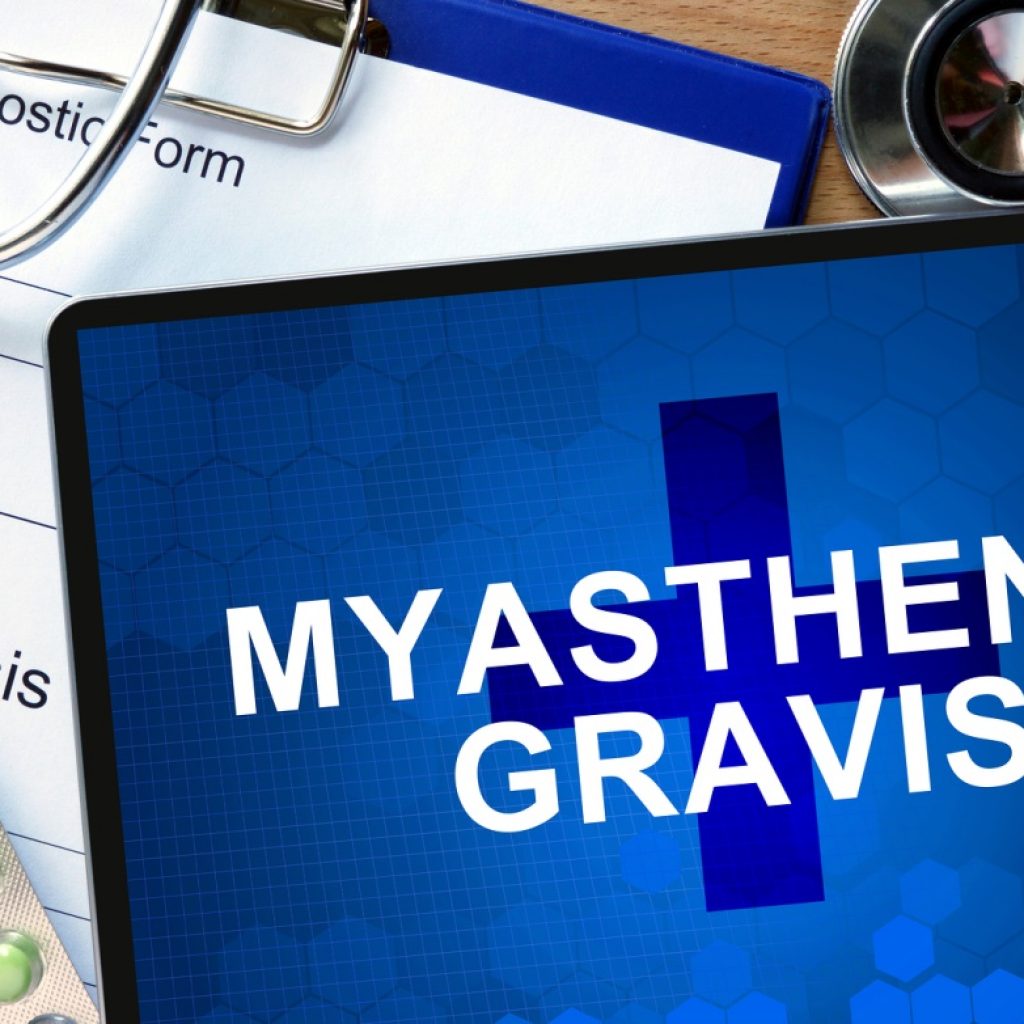Call a Neurologist When Feeling Tremors
This article on Tremors was originally published in January 2019 and has been updated with the latest information and developments as of April 2024.
Understanding Tremors: A Comprehensive Guide
Tremors are a common movement disorder that many individuals experience at some point in their lives. Characterized by involuntary rhythmic muscle contractions, it can affect various parts of the body, including the hands, head, arms, torso, and vocal cords. These contractions are not under the person’s control and can occur sporadically or as a persistent condition.
Prevalence and Impact
Although the disorder can manifest at any age, they are more commonly observed in middle-aged and older adults. The condition affects both men and women equally. While not typically life-threatening, tremors can significantly interfere with daily activities, such as writing, eating, and dressing, leading to frustration and a reduced quality of life.
Recognizing the Signs
The symptoms of tremors may seem minor at first, but they can escalate to a point where professional medical advice is necessary. Key indicators include a shaky voice, persistent shaking in one or more body parts, and difficulties with fine motor skills. It’s crucial to consult a neurologist if these symptoms persist or worsen, as they can be indicative of underlying health issues.
Potential Causes
The exact cause of this neurological disorder is often elusive, but they are generally linked to malfunctions in the brain regions responsible for coordinating movement. Various factors, including genetic predispositions, neurological disorders, and environmental influences, can contribute to the development of tremors.
Some neurological disorders can also cause tremors such as:
- Stroke
- Multiple Sclerosis
- Neurodegenerative diseases like Parkinson’s disease
- Injury
Other causes can be:
- Mercury poisoning
- Certain medications
- Liver or kidney failure
- Alcohol withdrawal or abuse
- Panic and anxiety
- Overactive thyroid
Since there are so many potential causes for tremors, only a skilled neurology specialist is qualified to make a correct diagnosis.
Living with Tremors
Living with this disorder requires adjustments and coping strategies. Occupational therapy can provide techniques to manage the physical challenges posed by shaking and trembling. Additionally, medication and, in some cases, surgical interventions may be recommended to alleviate symptoms.
Seeking Help
It’s important to differentiate between normal, transient tremors—often resulting from stress, fatigue, or strong emotions—and those that signify a more serious condition. Regular tremors that disrupt daily life warrant a thorough neurological evaluation to identify the cause and determine the best course of treatment.
During your visit, our neurologist Dr Dulai will conduct a comprehensive neurological and physical examination. He will also gather a detailed medical history from you. He will assess your tremor based on factors like:
- Location of the tremor
- Tremor appearance
- Whether the tremor manifests when your muscles are in action or at rest
Dr. Dulai will also look for more neurological findings such as abnormal muscle stiffness, speech abnormalities, and impaired balance. You may be required to undergo several tests such as an electromyogram to aid in proper diagnosis.
Conclusion
Tremors, while common, should not be dismissed lightly. They can be a sign of deeper neurological issues that need attention. By understanding tremors and recognizing when to seek medical advice, individuals can take proactive steps to manage this movement disorder and maintain their quality of life.
For those experiencing persistent or concerning shaking symptoms, scheduling an appointment with a qualified neurologist is the first step toward diagnosis and treatment. With the right support and care, this disorder can be managed effectively, allowing individuals to lead fulfilling lives. The key is to have your tremors checked as soon as possible to prevent further complications. If you or your loved ones have tremor-related concerns, please don’t hesitate to call Neurology Associates at (703) 726-6393 and schedule an appointment ASAP.
Resources:
Penn Medicine – https://www.pennmedicine.org/for-patients-and-visitors/patient-information/conditions-treated-a-to-z/essential-tremor
Mt. Sinai – https://www.mountsinai.org/care/neurology/services/movement-disorders/tremor
National Institute of Neurological Disorders and Stroke – https://www.ninds.nih.gov/














